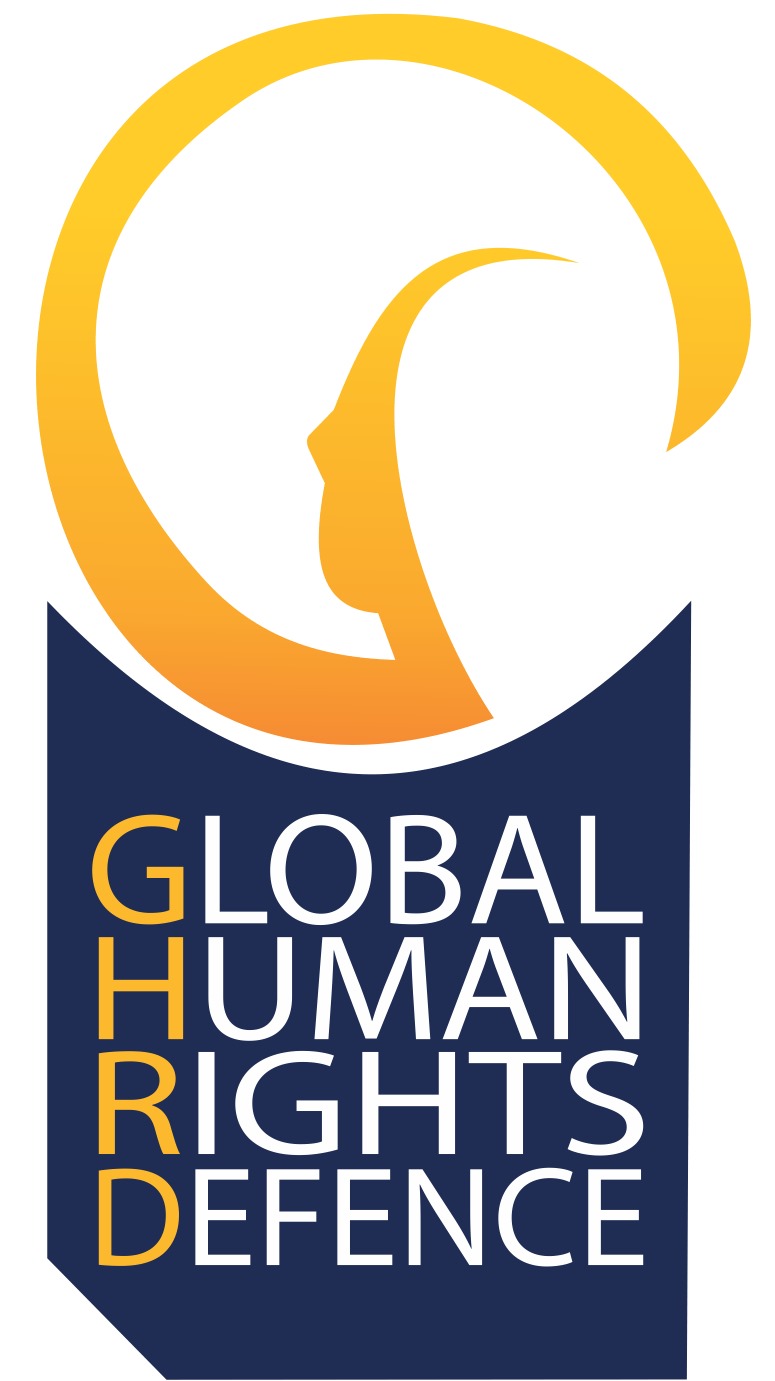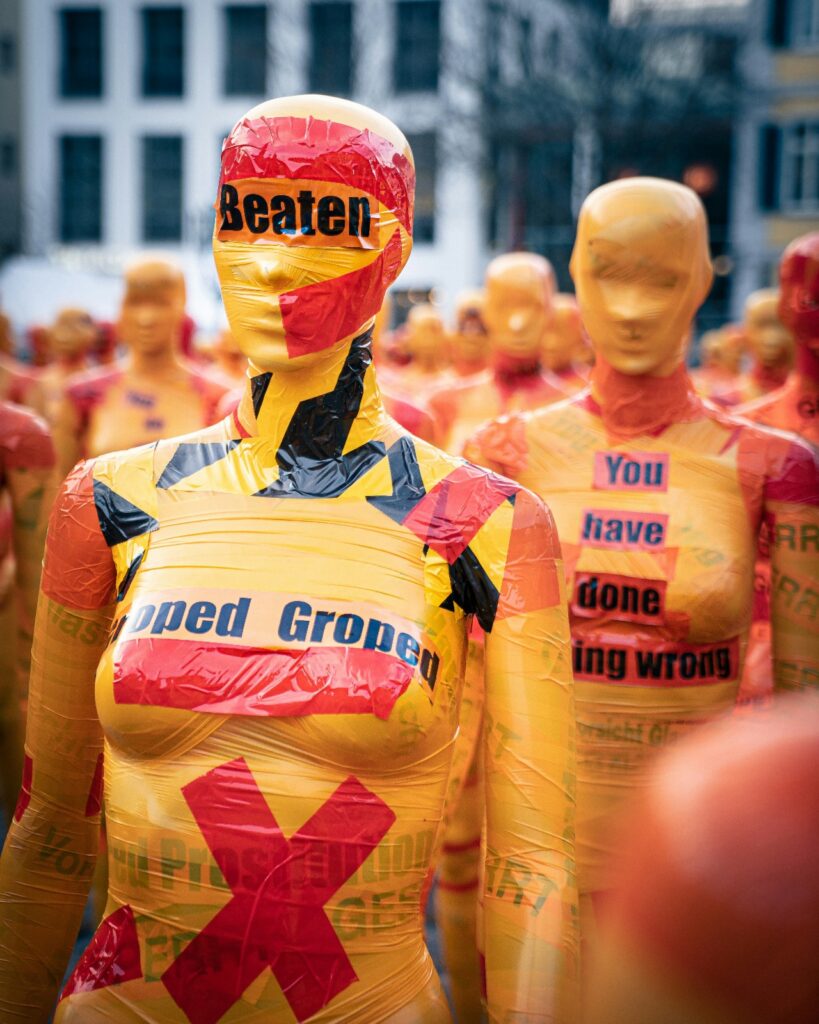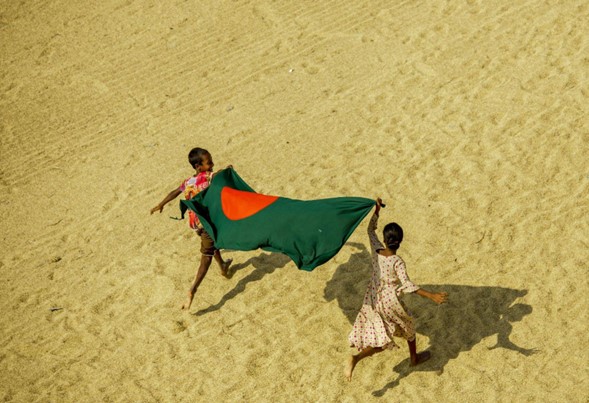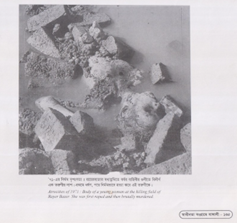- info@ghrd.org
- Mon-Fri: 10.00am - 06:00pm
Category Article
2 Dec
Hidden Histories: Indigenous People in Bangladesh and the 1971 Liberation War
Often overlooked in history, Indigenous Jumma people and other Adivasis of Bangladesh, played a crucial role in the 1971 Liberation War, fighting alongside the Mukti Bahini for independence and the hopes of greater rights and autonomy—yet their struggle for recognition and self-determination continues to this day.
READ MORE28 Nov
Khmers Kampuchea-Krom Federation Calls on Vietnam for the Unjust Sentencing of Khmer-Krom Buddhist Monks and Activists by Vietnamese Court
The Khmers Kampuchea-Krom Federation (KKF) expresses their concerns and resounding condemnation of the recent verdict delivered by the Vietnamese court in Vinh Long Province against Khmer-Krom Buddhist monks and activists. A court in the southern province of Long An has delivered the verdict on November 26, 2024, disregarding the fair trial principles. With sentences ranging from 2 years to 6 years.
READ MORE25 Nov
Intersecting: Gender Equality and Public Health
In recognition of the International Day for the Elimination of Violence Against Women, GHRD highlights the alarming intersection of gender-based violence and public health. With statistics showing that 70–90% of women in Pakistan experience domestic violence and LGBTQIA+ individuals facing similarly high levels of abuse, this crisis transcends gender and profoundly impacts public health.
READ MORE22 Nov
Beyond Recognition: Political, Social, and Legal Barriers to Acknowledging the 1971 Bangladesh Genocide
As Bangladesh marks more than 50 years since its liberation war, the quest for international recognition of the atrocities committed during the 1971 genocide remains difficult to address due to political, social and legal challenges. Despite the nation's evolution from a struggling post-war country to a developing state, the memory of the genocide is obscured by political arguments, different stories about what happened and the lack of transparent laws. These contrary accounts raise important questions about the ongoing struggle for justice and recognition despite the silence surrounding this history.
READ MORE14 Nov
The Biharis in Bangladesh: A Reflection on Violence, Victimhood, and Conflict
The Bihari community in Bangladesh has faced decades of marginalisation, statelessness, and human rights abuses stemming from their role in the 1971 Liberation War. This article explores their historical plight, legal neglect, and the urgent need for justice and protection.
READ MORE2 Nov
Why the Intellectuals? A Heinous War Strategy to Cripple Bangladesh
The won war of Bangladesh liberation was marked by a final effort of eliticide, aimed at wiping out the intelligentsia and key occupational classes. This article reflects on several historical developments that formed the basis of Bangladesh's identity, highlighting how the elimination of intellectuals sought to cripple the nation's future and undermine its potential for self-determination. Both the unrecognized Bangladesh Genocide and Operation Searchlight represent suppressed narratives, struggling to fit into international recognition frameworks.
READ MORE17 Oct
The Dual Setting of Consent in Sexual Violence Cases and Further Considerations
The traditional "yes versus no" framework of consent oversimplifies its complexity, especially in cases of sexual violence. Therefore, the article examines common definitions of consent and delves into the voluntariness of sex work to expand the discourse. The research advocates for a nuanced understanding of consent to enhance protections for sexual violence survivors and combat such violence more effectively.
READ MORE2 Oct
The Role of Media: How Pakistan’s Control and the ‘Winners’ Narrative’ Obscured the Bangladesh Genocide
The Bangladesh Genocide of 1971, considered one of the most brutal conflicts of the 20th century, continues to be a suppressed part of world history, manipulated by the victors and obscured by media control.
READ MORE24 Sep
The Post-1971 Non-Recognition of the Bangladeshi Genocide: a Legal, Political, and Social Analysis
Despite the atrocities committed during Bangladesh’s 1971 Liberation War the Bangladesh Genocide has yet to receive formal recognition from the international community. This article explores the social, political, and legal factors behind the ongoing lack of recognition, highlighting biases, geopolitical interests, and gaps in international legal frameworks that have hindered global acknowledgment of the Genocide.
READ MORE11 Sep
Dark Pasts and Bright Futures: An Economic Analysis of Bangladesh in the Context of the 1971 War and Genocide
This article explores the economic effects of the 1971 war and genocide in Bangladesh on providing historical context across four major eras: prewar, wartime, postwar and contemporary. EDIT: Hundred thousand figures have been adjusted to show 100,000 instead of 1,00,000.
READ MOREABOUT US
Global Human Rights Defence (GHRD) is a dedicated advocate for human rights worldwide. Based in The Hague, the city of peace and justice. We work tirelessly to promote and protect the fundamental rights of individuals and communities. Our mission is to create a more just and equitable world, where every person's dignity and freedoms are upheld. Join us in our journey towards a brighter future for all.
ALL CONTACTS
-
Riviervismarkt 5-unit 2.07
2513 AM The Hague - Phone +31 62 72 41006
- info@ghrd.org
-
10:00am - 06:00pm
Saturday & Sunday Closed - Bank Details: NL69ABNA0417943024
SUBSCRIBE
Stay informed and be part of change - Subscribe to our newsletter today!
- Copyright of ghrd 2023. Powered by Desmantle Studio.











